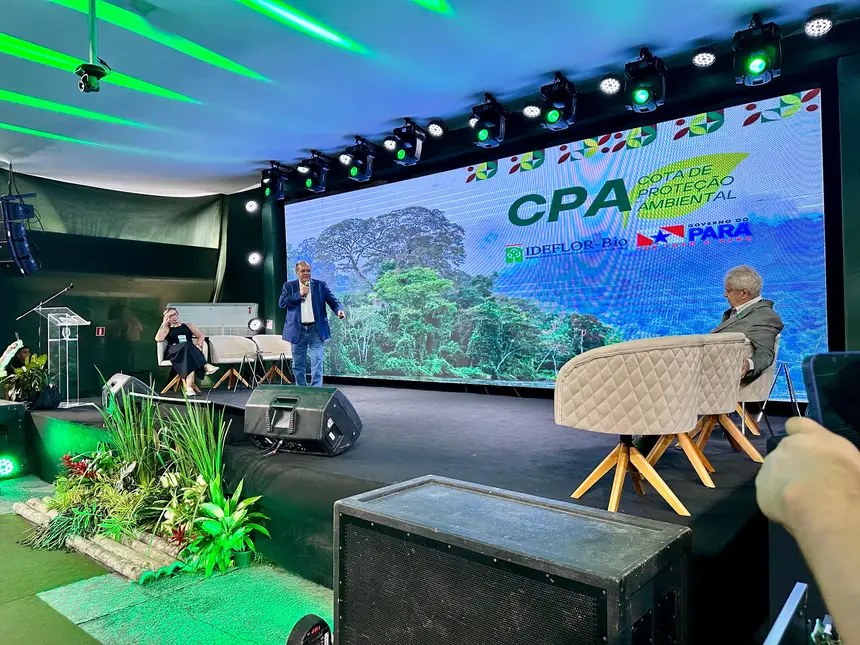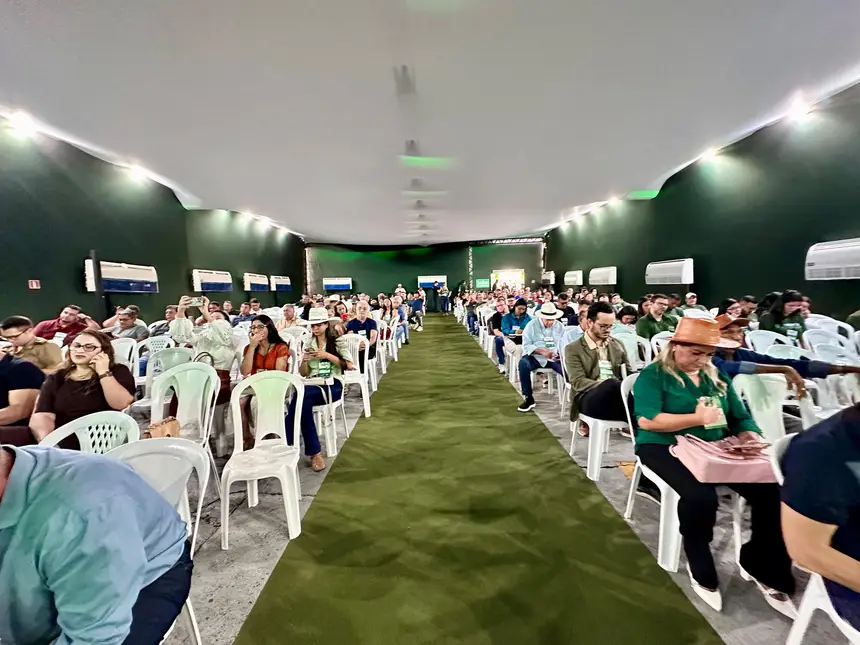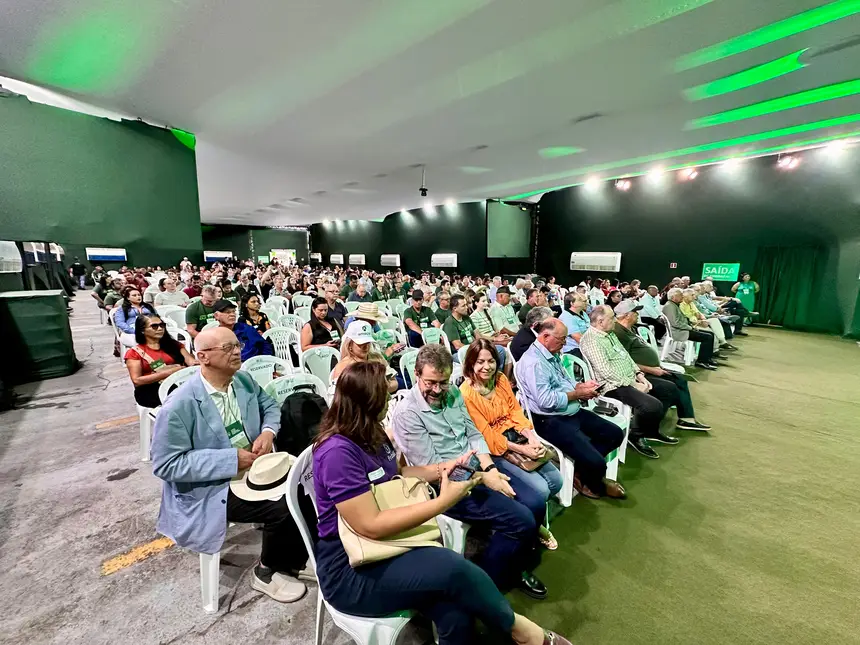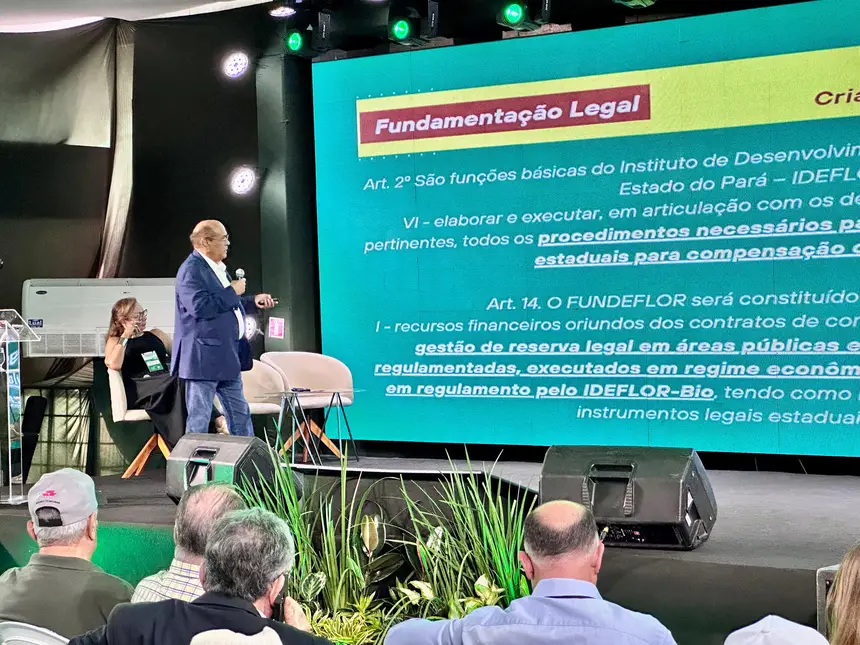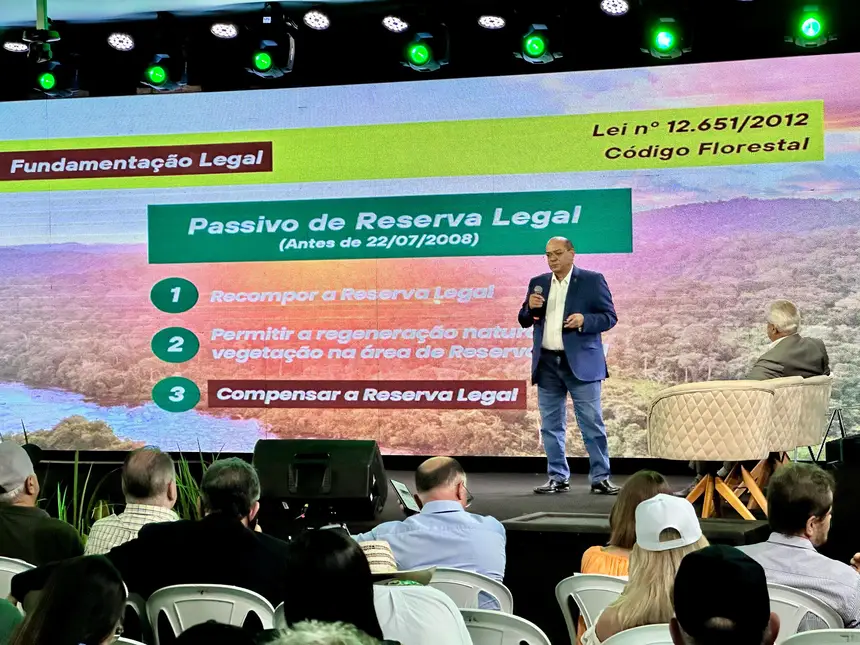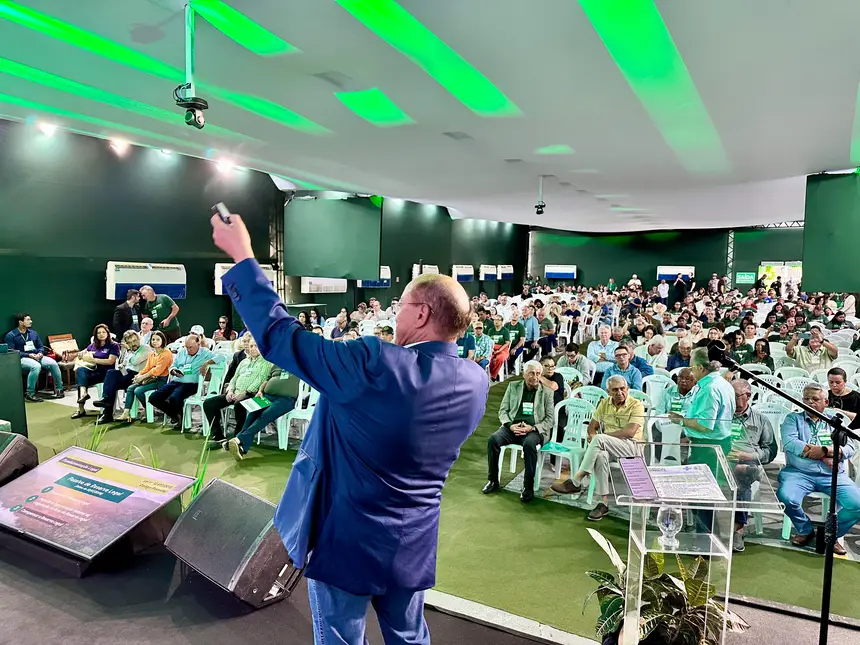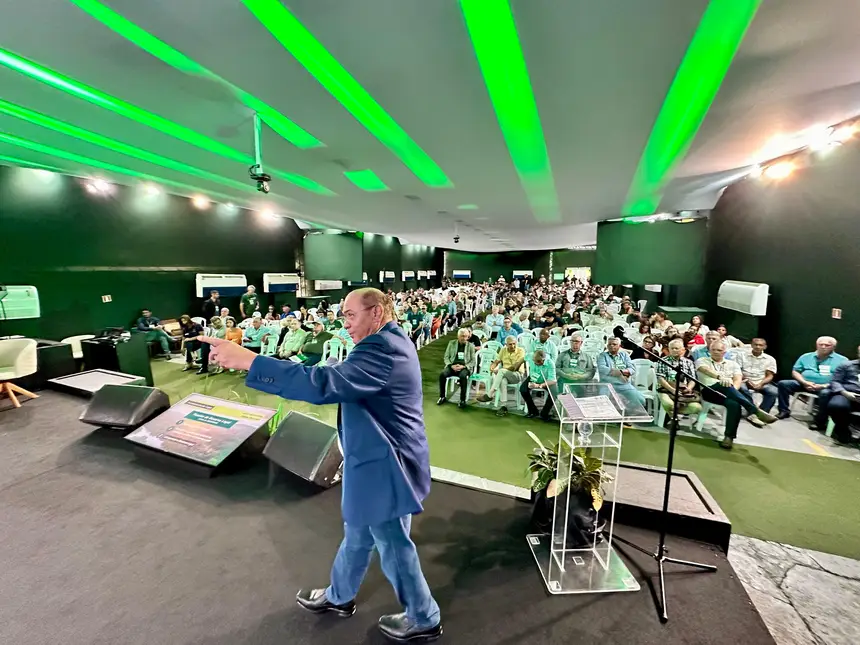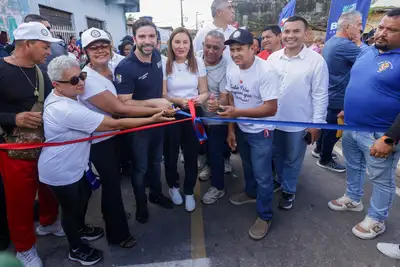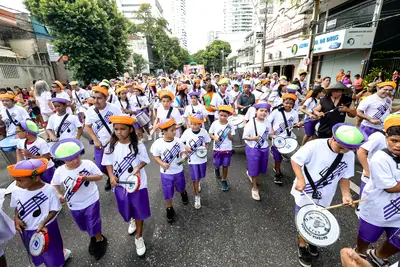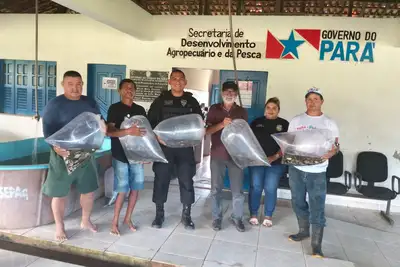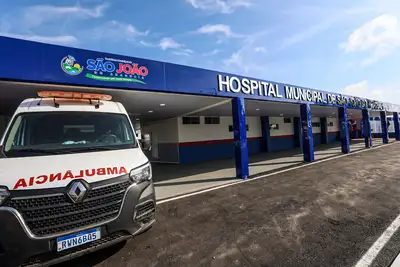Environmental Protection Quota is presented as a solution for land regularization and forest preservation
The CPA allows owners of rural properties, with legal reserve liabilities consolidated until July 2008, to regularize their environmental status by acquiring quotas linked to state-protected areas
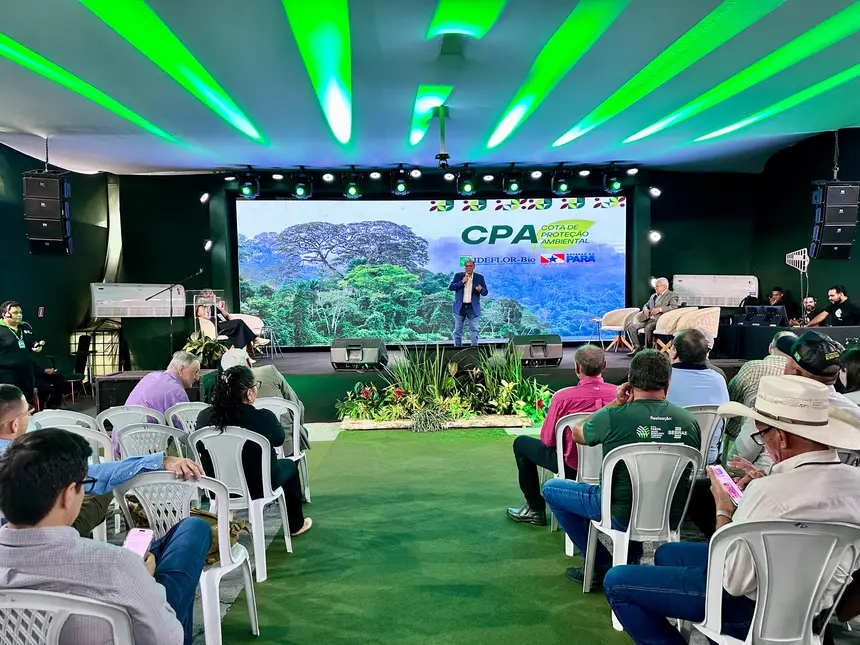
During the programming of the 63rd Ruralist Meeting, the president of the Institute for Forest Development and Biodiversity of Pará (Ideflor-Bio), Nilson Pinto, presented one of the most innovative instruments of the Pará environmental policy: the Environmental Protection Quota (CPA). The initiative, already regulated and in operation, was detailed to the public this Wednesday (4), focusing on the integration between environmental conservation and economic development in the countryside.
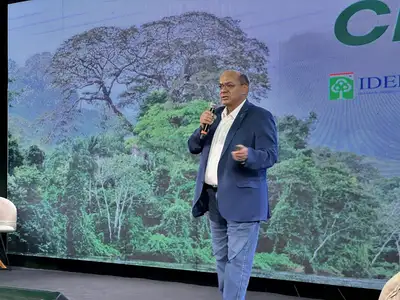
Nilson Pinto explained that the CPA allows owners of rural properties, with legal reserve liabilities consolidated until July 2008, to regularize their environmental status by acquiring quotas linked to state-protected areas. "Economic production finances environmental protection. And environmental protection enables economic production. This is the logic of a policy that has the power to unite two historical interests of Pará: the development of the countryside and the conservation of the forest," stated the president of Ideflor-Bio.
Each Environmental Protection Quota is equivalent to 1 (one) hectare of protected forest and is valid for 15 years. The cost of the compensatory quota is R$ 100 per year, with the possibility of a one-time payment of R$ 900 — with a 40% discount. The non-compensatory quota, aimed at voluntary contributions from individuals or legal entities, is valued at R$ 60 per hectare. The expectation of the State Government is to use this mechanism to ensure permanent resources for the 29 State Conservation Units (UCs).
Legal Security - During the presentation, Nilson Pinto also detailed the legal security of the instrument. "The integrity of the forest cover is guaranteed by the State, as well as the land regularity of the areas linked to the CPAs. We are offering a solid, transparent, and digital path for rural producers to regularize their situation and, at the same time, contribute to the financing of environmental protection," he emphasized.
The process of acquiring CPAs is entirely online and accessible on the website of Ideflor-Bio. The interested party — individual or legal entity — must access the "Environmental Protection Quota" tab, fill in their details, choose the type of quota (compensatory or non-compensatory), inform the number of desired quotas, and, if applicable, attach the Rural Environmental Registry (CAR). After the issuance and payment of the invoice, the system generates a digital certificate that proves the linkage to the acquired CPAs.
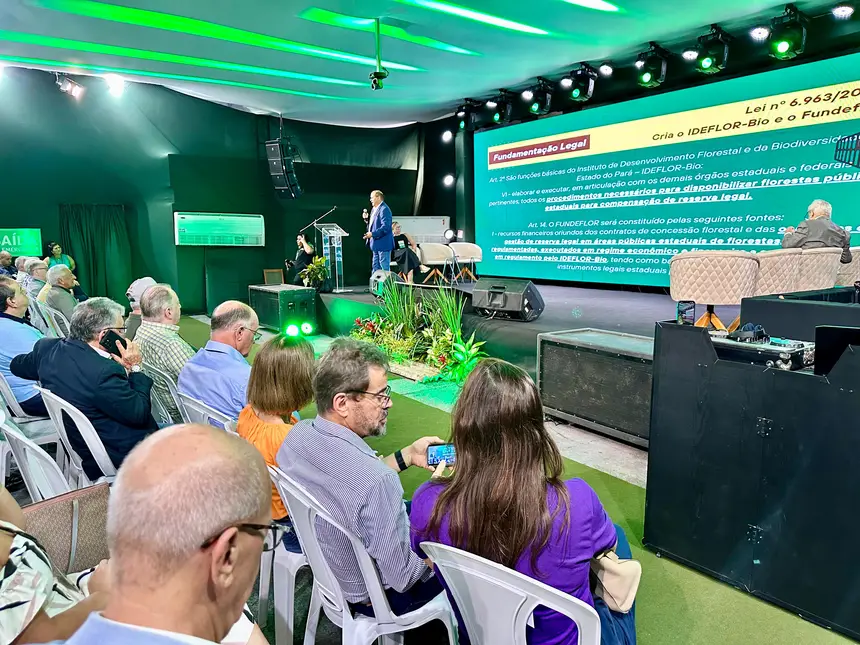
Regularization - With the certificate in hand, the producer can seek the State Secretariat for the Environment and Sustainability (Semas) to proceed with the regularization process of the legal reserve of the property. In practice, this is a measure that can unlock historical bottlenecks in the countryside and open new doors for rural credit, access to sustainable markets, and property valuation.
The president of Ideflor-Bio also reinforced the strategic nature of the CPA in light of the international commitments made by Pará on the climate agenda. "We are delivering a concrete solution that transforms forest conservation into an environmental and economic asset. With this, the State positions itself as a national reference on the eve of the United Nations Conference on Climate Change, COP 30, which will be held here in Belém," concluded Nilson Pinto.



